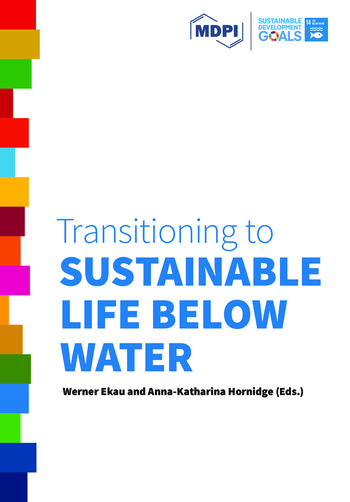Deep-Sea Mining: Can It Contribute to Sustainable Development?
Deep-sea mining is increasingly suggested to meet the metal demand of the growing world population and to bring revenue and resource independence to many countries. Deep-sea mining is often also presented as a source for the metals required for the transition to a low-carbon economy. However, the exploitation of marine mineral resources will also be associated with considerable adverse impacts. Therefore, it is necessary to assess deep-sea mining impacts from a sustainability perspective and discuss if and how deep-sea mining could be compatible with sustainable development. Although deep-sea mining describes the extraction of a finite resource and, therefore, appears to contradict the Brundtland definition of sustainable development, this assessment finds that deep-sea mining could, under certain conditions, contribute to sustainable development. Important pre-requisites for this include the availability of an effective fiscal and revenue management system to ensure that the returns from deep-sea mining secure long-term benefits for national economies and stringent environmental regulations. Furthermore, environmental and social impact assessments have to be conducted early in the process and complemented with, inter alia, sound environmental and social management plans. As the success of these measures strongly depends on the availability of trained personnel, capacity-building initiatives need to be implemented in prior or in parallel to the establishment of deep-sea mining operations. Nevertheless, there is an urgent need to explore alternatives to deep-sea mining, including the increase of recycling rates, the substitution of critical materials and an overall change of consumer behavior.
